|
Break Free Center for Wellness in Manchester, CT By Rode Bataille “You don’t wait until your car breaks down to get an oil change, by then it is too late. But we treat our mental health that way. If anybody deserves the gift of therapy, it is us,” explained Sharron Riley-Seymour, a licensed counselor at Break Free Center for Wellness located in Manchester, Connecticut. According to SAMHSA’s 2018 National Survey on Drug Use and Health, “Sixteen percent (4.8 million) of Black and African American people reported having a mental illness, and 22.4 percent of those (1.1 million people) reported a serious mental illness over the past year.” The challenges of stigma make this statistic even more daunting. Mental Health America explains that “historical adversity, which includes slavery, sharecropping, and race-based exclusion from health, educational, social, and economic resources translates into socioeconomic disparities experienced by Black and African American people today.” Socioeconomic status, in turn, is linked to mental health: People who are impoverished, homeless, incarcerated, or have substance use problems are at higher risk for poor mental health. How is it that Black communities suffer at a 20 percent increased rate of mental health setbacks than any other racial group, yet they are one of the racial groups least likely to seek therapy? Disparities fuel the combination of mistrust and access to information about mental health and counseling, which lead to hesitancies around pursuing help for issues around generational trauma, depression, anxiety and other struggles. The percentage of counselors who identify as Black and who can alleviate mistrust, is small. Along with Riley-Seymour, Hasson Stavis and Yanique Grant are part of that small circle of professional Black therapists in Connecticut. Stavis is a licensed marriage and family therapist at HealThy Soul Clinical Services in Glastonbury and New Britain, Connecticut, and Grant is a licensed clinical social worker and is a clinician/psychotherapist at Courage to Be in Bloomfield, Connecticut. Riley-Seymour wants Black individuals to know they are needed and that there is no limit to their potential in pursuing a mental health profession. There is a critical need for supporting communities who need a therapist that looks like them and embraces them wholeheartedly. Stavis knew since he was 7 years old that being a healer was his calling. He decided to be a therapist earlier on and began working in the mental health field while in college, where he completed a co-op at Saint Francis Behavioral Care in Portland. “Healing from trauma takes time and this might extend beyond the time the trauma itself occurred. Helping clients of color and clients in general heal from their traumas and generations pasts allows the client to truly evolve with a greater sense of purpose and being.” - Hasson Stavis, LMFT HealThy Soul Services Grant shared that she chose to pursue a career as a mental health professional because she loves helping people “get to the bottom of who they are, how to manage their stress, and to be that person helping others through their journey.” According to her, she believes every therapist gets into therapy a little bit for themselves, too. Grant, Riley-Smith and Stavis are all working to help break the stigma that holds many Black individuals back from receiving mental health support. “Normalize therapy as much as you can,” said Grant. A first step is to seek therapy by simply browsing online listings—like on PsychologyToday.com or ShopBlackCT.com—to see which therapists are available, reading through profiles and seeing if there is a connection with any through a consultation. “Consultation is a great entry into therapy to see if you mesh with the therapist,” explained Grant. And, therapists offer a variety of different treatment methods, which can be a helpful deciding factor. Stavis’s practice focuses on getting clients to the point where they need without leading or providing them with a direct solution. He allows the solution to organically surface so that clients can own their outcomes for themselves. This practice has a foundation in Internal Family Systems and a few trauma modalities. Riley-Seymour specializes in Eye Movement and Desensitization Reprocessing (EMDR). “It’s traditionally thought of as a trauma therapeutic model,” she explained. “But it also looks at cognition, our thoughts and core beliefs we have about ourselves, our emotions and body sensations and how these are all interconnected.” Stavis and Riley-Seymour have noted patterns between clients who also identify as Black. “Transgenerational trauma and pain go back a lot farther for my Black clients because on top of individual trauma, there are also 400 years of trauma and abuse that they may have to address from slavery,” shared Stavis. “Healing from trauma takes time and this might extend beyond the time the trauma itself occurred. Helping clients of color and clients in general heal from their traumas and generations pasts allows the client to truly evolve with a greater sense of purpose and being.” Black clients tend to have patterns and core beliefs of feeling undeserving, in addition to dealing with a high rate of imposter syndrome, anxiety, negative internal dialogue, and more. “Many of my Black clients feel as if they are unable to accept awareness, ownership, and acknowledgment of what has happened to them as a collective people as well as their individual experiences of being black in America,” explained Riley-Seymour. It is extraordinarily powerful how Black mental health professionals combat racism, racial inequality, and eradicating the broken line between black communities and therapy. “It’s hard being a human and it’s okay to heal; I think it’s important for clients to understand this,” encouraged Stavis. “Waking up every morning in this skin, feeling good about who I am, and feeling good about what I do, is an act of resistance,” shared Riley-Seymour. “That is the work—when I show up for clients, the greatest gift that I can give is strengthening them so they can do what they need to do. We are in a society and we are in a culture that has been designed systematically to tear us down.” Pushing to destigmatize seeking mental health support in the Black community is a necessity. In the end, changing the narrative will help those who need it most. “There’s a huge deficit in the way society portrays people of color, which is [the belief] that you can go but so far,” said Grant. “contribution is to break down that barrier because it’s a fake narrative and you can absolutely change that narrative and you can go so much further than what society is telling you.” “Whatever you put your mind to, you are capable of,” added Riley-Seymour. “You have the same amount of time in a day as Oprah, and as anyone else you look up to. All that they can accomplish in their day, so can you—so own your moments. Make and manage choices that include self-love.” BROWSE THE SHOPBLACKCT.COM DIRECTORY:
0 Comments
By Sarah Thompson Bet on yourself. Invest in yourself. Go all in on yourself. You are your best investment. These are words that Double or Nothing Apparel co-founders and cousins Mike Forrester and Drew Bailey live by, and now they’re sharing this motivation with others through their unisex all-purpose clothing brand. Their self-described “stylish yet comfortable” brand is popping up all over Connecticut, and even into the New York, Boston and DMV areas. The creators' apparel has reached Florida, Georgia, California, and even internationally in Toronto and Africa. From hats to hoodies, sweat suits and tons in between, the duo is on a mission to spread positivity wherever they—and their brand—goes. “Our brand represents hard work ethic, dedication and constant elevation, resembling tactics for success,” Forrester explained. “I want someone to put on our apparel and feel proud behind it, what it stands for, what they stand for. We want to unite everyone as one. It’s bigger than just a t-shirt or hat. We want to spread positive energy around the world and try to uplift with any encounter.” "We want to put out apparel that not only appeals to people, but also inspires them when they put it on. Our brand symbolizes being a go-getter—going after and obtaining your goals with persistence and consistency." They want to inspire others to go after their goals and dreams. “Don’t feel like you’re locked into something if you have something [else] you’re passionate about,” said Bailey. “Double down and go all in on what truly inspires you, because you can achieve anything when you focus and put your all into it.” “No matter who you are—any walk of life, any color, speak your goals into existence,” added Forrester. The pair took their own advice, and with added encouragement from family and friends, launched Double or Nothing Apparel last June, despite the country being in the middle of a pandemic. “We believed in ourselves, set benchmarks and focused on staying consistent,” shared Forrester. “It started with a vision, dedication and constant progression.” Having grown up together in Hartford, Forrester and Bailey always spent time together. In their words, they’ve been “around each other since the sandbox.” And in fact, many of their designs have sentimental significance from their youth. “With our soccer jerseys, that was my high school number,” shared Forrester. “So, it’s bigger than jerseys – it’s coming from memories. I won the championship with that [jersey] number, so reliving it and seeing the reaction from everyone is just a blessing.” Their mission to counter negativity takes energy and intentionality, but it’s paying off. Their warm, welcoming family-vibe is putting smiles on many faces. “Customers tell us they love our energy,” shared Bailey. “They tell us, I was feeling bad today but your positive vibe just switched my whole mood up.” “Our customers’ feedback means a lot to us,” added Forrester. “It feels like we are growing together.” They’re also committed to giving back to the community they grew up in and encouraging the next generation. Not too long ago, they were involved in a youth event hosted by the Hartford Lions Soccer Club, an organization they stand by. “We love to support our community,” shared Forrester, “so it’s a big deal to give back.” During the first months after they launched their family business they did experience some delays with manufacturing due to COVID-19, but in Double or Nothing style, the pair says they’ve “strived towards our goals,” and sales have continued to grow. “We believe in our brand,” shared Forrester. “Hard work turns into equity.” Keeping their designs timeless, they pride themselves on offering a unique variety of colors and unisex styles for men and women, all with excellent quality. “We focus on having items for everyone to fulfill and satisfy customer needs,” shared Forrester. “We always think about how to expand.” And like their website says, the variety of colors and styles the brand offers resembles the culture around its two creators. Their current high demand products during these cold months? Sweat suits and hoodies. Their new spring collection includes several must-have items, too. “It’s going to be a great season release,” said Bailey. “Starting the brand with hats, we created 30 to 40 different styles that some customers request, and we do pre-orders and also custom orders for all items,” explained Forrester. “We focus on building customer engagement.” With each new season, Forrester and Bailey are committed to working hard, staying positive and being consistent with their mission to inspire. “Our brand is evidence of growth, and we are blessed to share our art and mission with the world,” said Forrester. “Just like ‘you are what you eat,’ you are what you put on,” added Bailey. “We want to put out apparel that not only appeals to people, but also inspires them when they put it on. Our brand symbolizes being a go-getter—going after and obtaining your goals with persistence and consistency. So, when you see those words—Double or Nothing— just know those are words that you can live by and stand firm on.” The Double or Nothing Apparel online store is available at www.doubleornothingapparel.com and based in Greater Hartford. Find Double or Nothing Apparel on Instagram and Facebook. Email inquiries to [email protected]. BROWSE THE SHOPBLACKCT.COM DIRECTORY:
By Lajeune Hollis Let’s face it, there is a kid in each and every one of us. The Art Child, a travel- based and online program for kids of all ages, recognizes that. Its mission, according to founder Ms. Alicia Brown, a certified therapeutic art life coach, is “to offer programs to let kids be kids, show their emotions along with helping them control them.” I wondered, how did this business start? According to Ms. Alicia, her business began as showcase of her art, and she was selling cards, canvases and more. “I switched when I realized most of my work was targeted to kids and people who enjoyed abstract art,” she shared. At the time, she was in school studying child psychology with art therapy as her career. She got her certification in Therapeutic Art Life Coaching, which combined her love of working with children and her passion for art. And so, The Art Child was born. In partnership with Sawyer, an online provider of children’s classes and activities with a mission “to inspire a love of learning through play and exploration,” The Art Child offers programs for children ages two and up, teens and adults. Ms. Alicia tailors each class to the individual person, or collectively for groups. Class fees are per person or by group, and can be made via Cashapp, Venmo, PayPal, Square or Apple Pay. “It's important to me because there are so many children without creative outlets, and art programs seem to be the first things cut,” she shared. “We are trying to stop that, and showcase that art is extremely important for anyone. If we want well-rounded adults, we need to start with the kids. We need to find ways to give them a sense of self, and expression.” Residents of Connecticut can hire Ms. Alicia to come directly to their church, home, school or daycare to hold a therapeutic art class. All art supplies and snacks are provided at no extra cost. And, social distancing rules are in place during the pandemic to ensure all attending are safe. One challenge she has faced is getting The Art Child name out there. “I have a select few promoters and have been working with local businesses to hold art events, but due to COVID-19, the turnouts are always small,” she shared. “Hopefully, going forward, we can change that.” "If we want well-rounded adults, we need to start with the kids. We need to find ways to give them a sense of self, and expression.” Because of the pandemic, The Art Child is now also offering online children’s classes for free on Friday and Sunday evenings at 7:00pm. Children from anywhere across the United States can participate from the comfort of their homes. Once participants sign up for a free class by The Art Child, they will have the option of having art supplies mailed to them, including paint brushes, canvases, construction paper, glitter and more, paying only for shipping. On the day of the one-hour online class, attendees are emailed Zoom login information, and on class night, Ms. Alicia first reads an illustrated story before teaching the actual activity. Children actively participate by following her step- by-step instructions and holding up their artwork as the night progresses. They give a final thumbs up once they finish their “masterpieces.” In addition to classes, The Art Child also offers face painting at birthday parties, art activity boxes, art commissions, events (see availability on theartchildllc.org), pre-drawn canvases for DIY as well as pre-painted canvases. Ms. Alicia is also certified to work with kids on the spectrum, who are living with Autism, Asperger’s or with social disorders. As for adults, Ms. Alicia helps them “turn off” their brains during their therapeutic art classes by focusing on the process as opposed to the outcome. As with anything worthwhile there is a cost. However, The Art Child holds fundraisers on a regular basis to defray business costs, especially for their free programs. Donations are accepted at any time at www.theartchildllc.org. What’s next for The Art Child? “I want to reach all 50 states with art boxes, and I’ll be having an event with The Key Bookstore in Hartford, Connecticut on February 19 at 6:00pm,” she shared. “It's a story time and painting event for adults and children. I am also working on a coloring book for all ages.” Ms. Alicia is getting a jump start on her goal of reaching all 50 states by offering a special Valentine’s Day activity box. She hopes to “spread the love” by offering this special activity for couples that include two canvases and brush sets, two heart notebooks, two pencils, two slimes, two bottles of bubbles, six paints, glitter and a rose quartz from Hippie Love. She explains that the rose quartz, when held, will helps people to relax their minds and will then activate the love inside of them, allowing their hearts to tell them what to paint. Visit www.theartchildllc.org to order one of these special boxes. Sounds like a good plan. The Art Child is in Bloomfield, Connecticut, with in-person services available throughout Connecticut and online services available nationwide. Find The Art Child on Facebook, Instagram or learn more at theartchildllc.org. BROWSE THE SHOPBLACKCT.COM DIRECTORY:
Photo courtesy of CIO.com By Damon Carter Editor's note: This article is the final installment in a four-part series on how IT leaders can effectively address systemic racism in their organizations. Start reading here or jump to either the first article in the series, which lays the groundwork for effectively addressing systemic racism, the second article in the series, which outlines how IT leaders can begin creating a culture of inclusion and belonging, or the third article in the series, which offers a 5-step approach to building a fair, equitable, and just IT culture. The decision to take a stand against systemic racism by actively supporting social justice reform can be a difficult and pivotal choice for any organization. In today’s social and political climate, there are increased expectations by both employees and consumers for companies to get actively involved in supporting social justice initiatives moving forward. According to the 2019 Edelman Trust Barometer report, 64% of survey respondents say they believe that CEOs can create positive changes in prejudice and discrimination, while 54% say that CEOs should speak publicly on controversial political and social issues that employees care about. And 53% of consumers say that every brand has a responsibility to get involved in at least one social issue that does not directly impact its business... Click here to continue reading. BROWSE THE SHOPBLACKCT DIRECTORY:
|
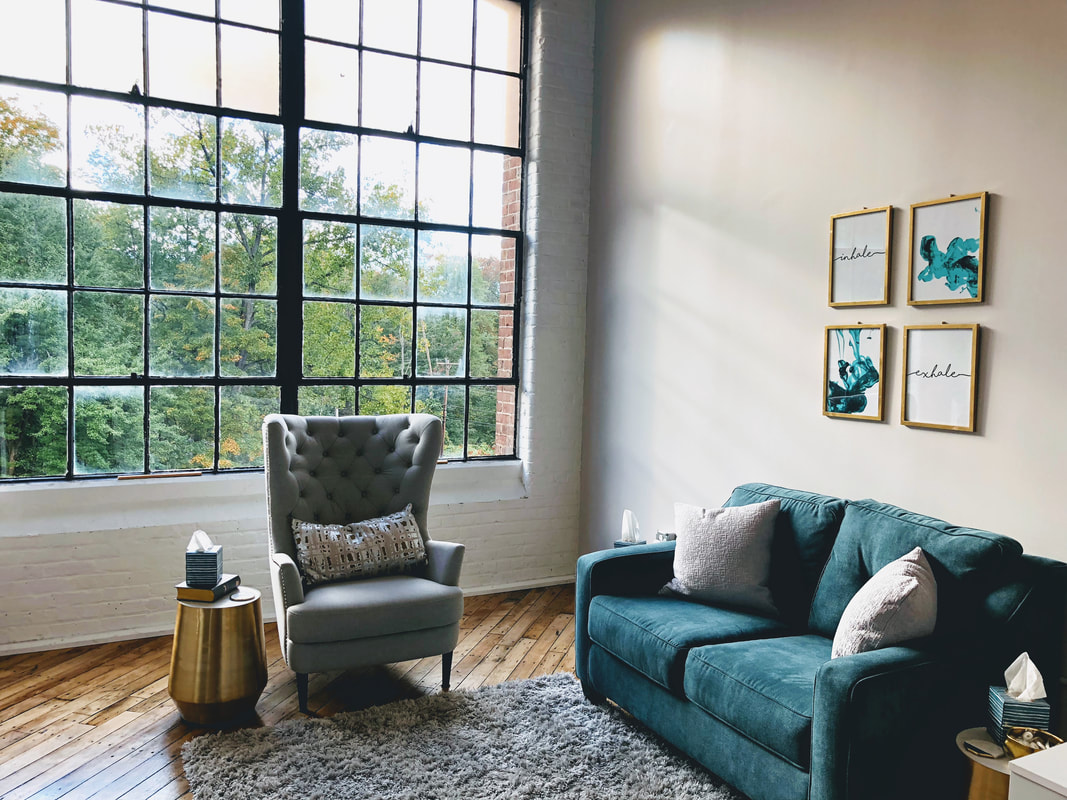

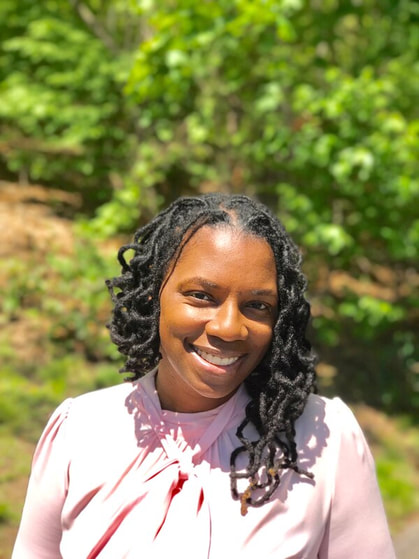
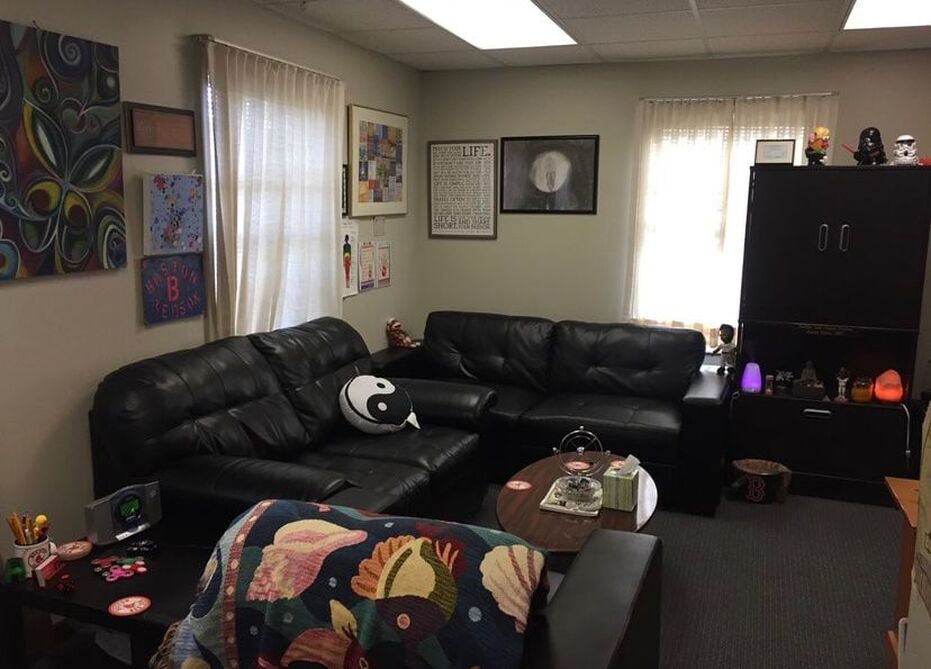

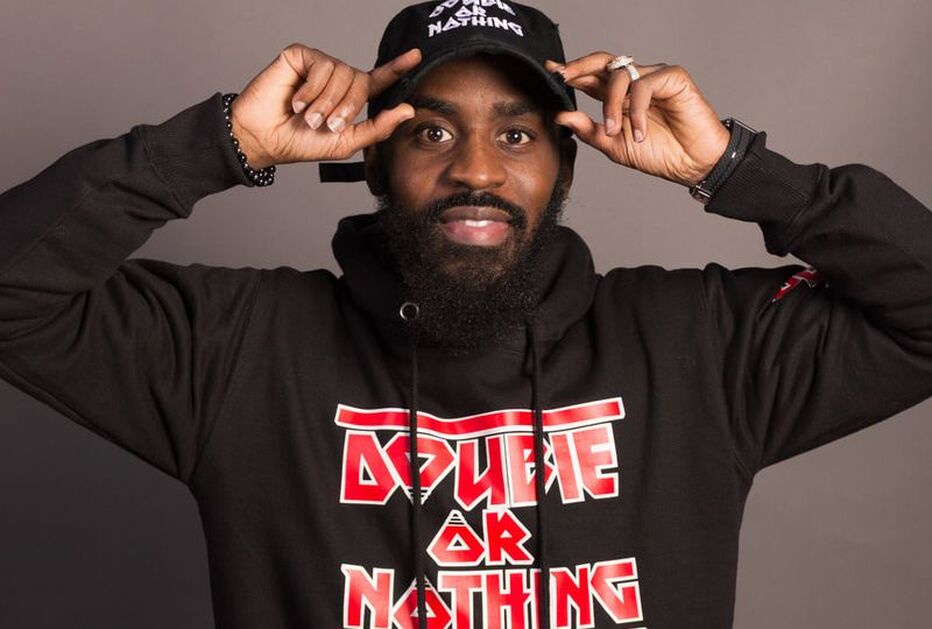


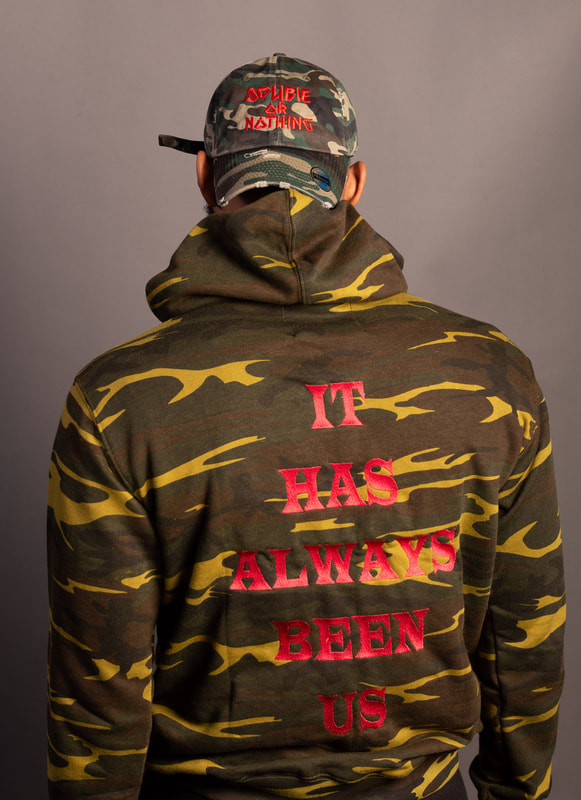

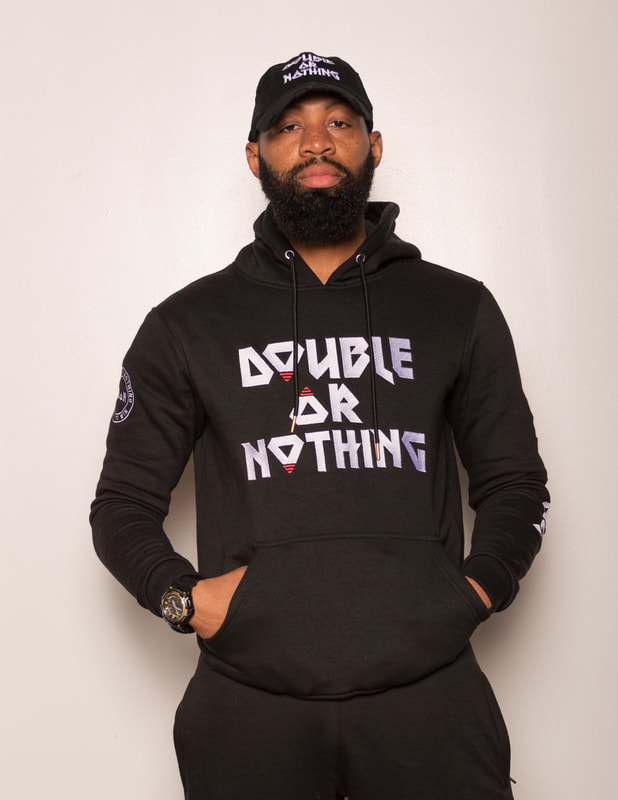

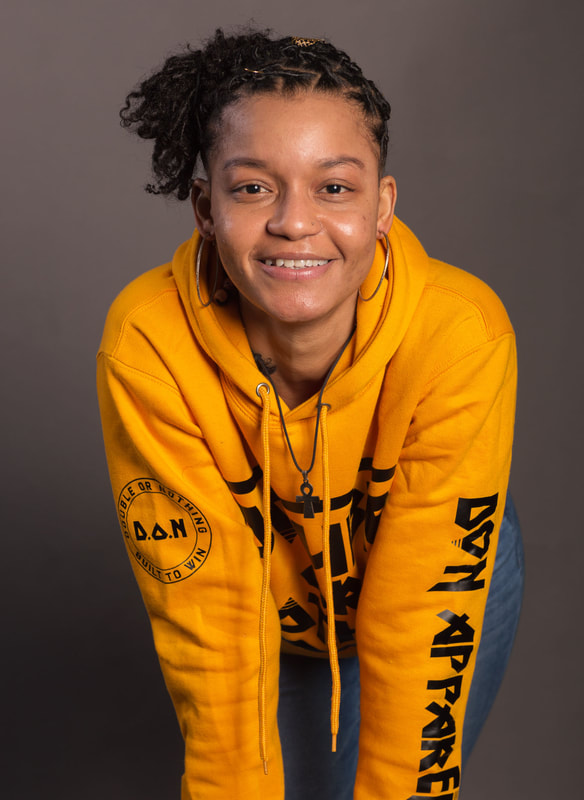

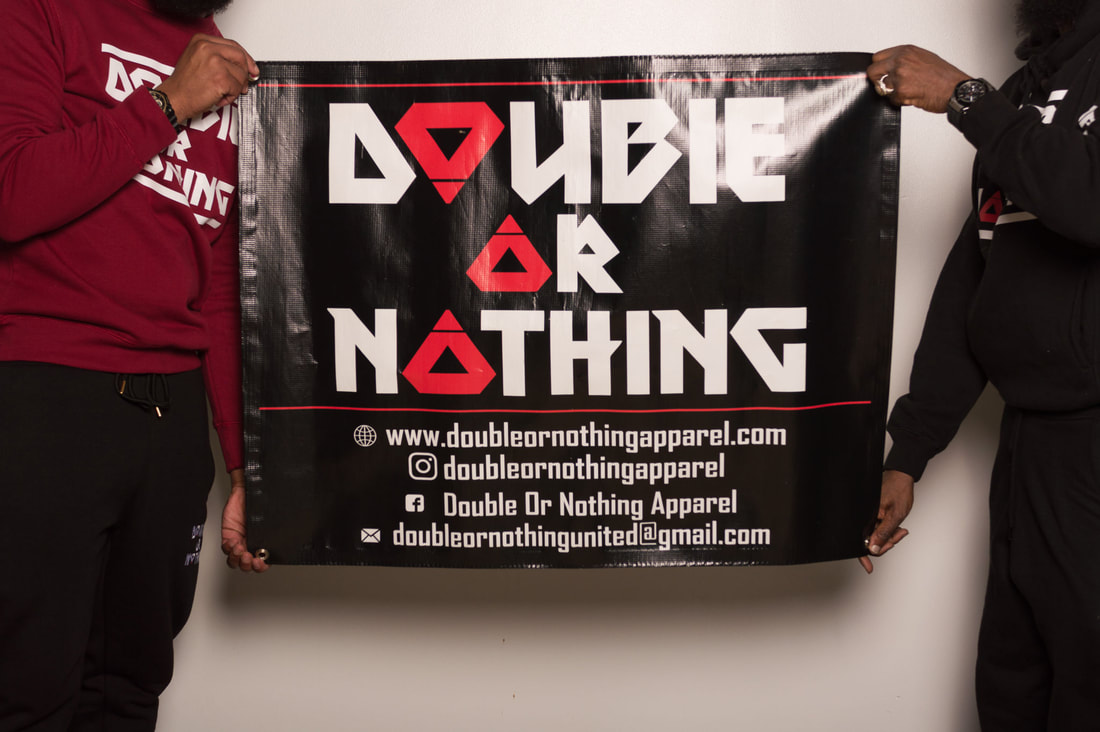

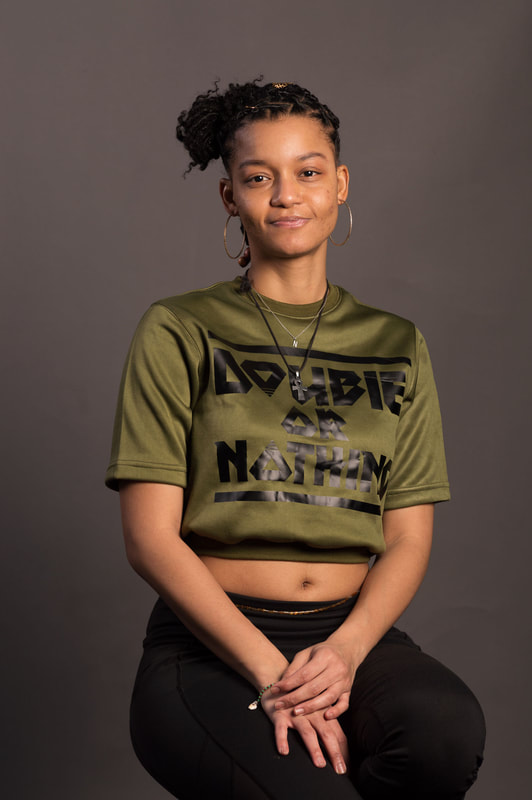
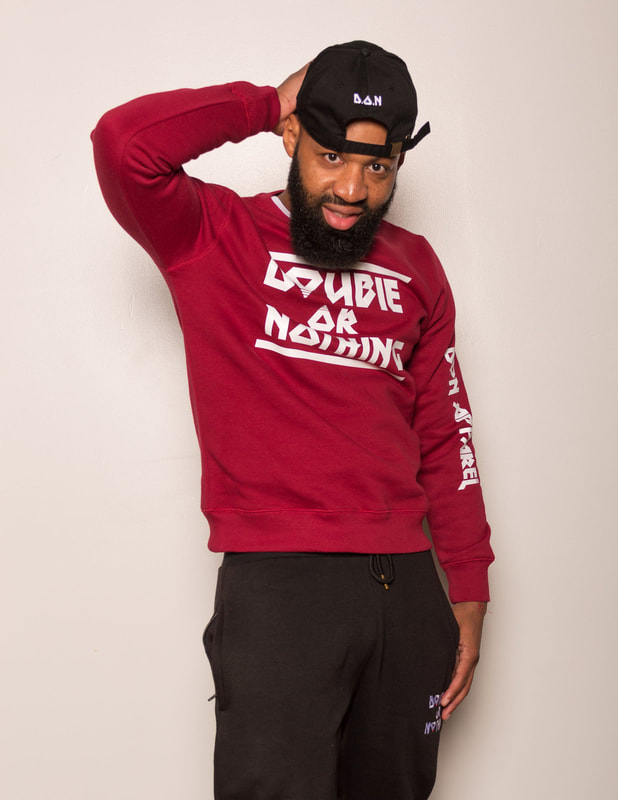



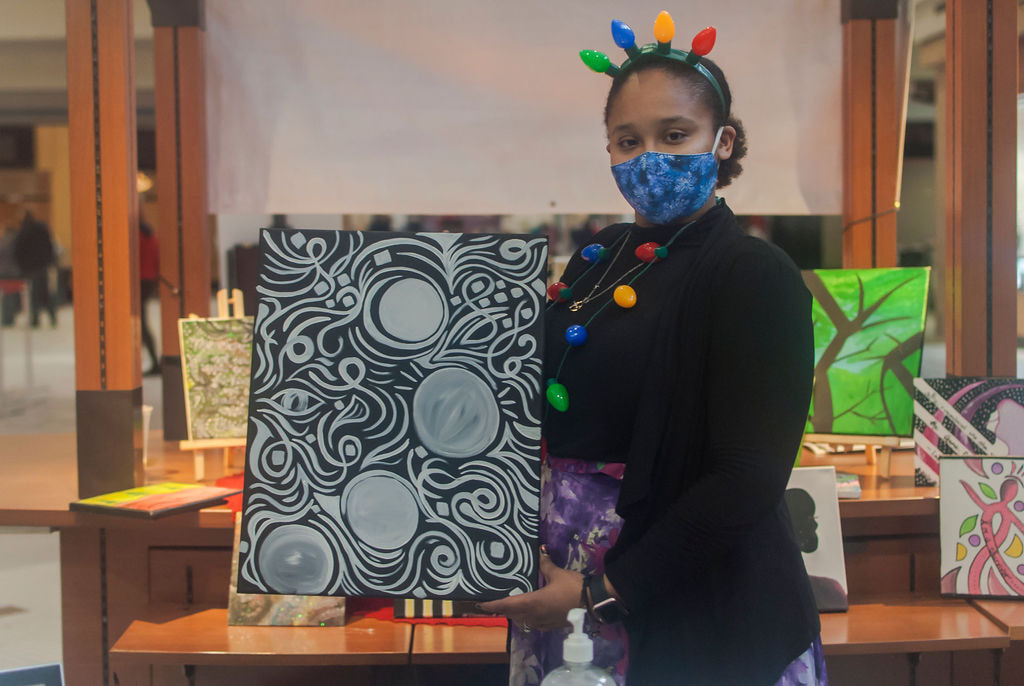
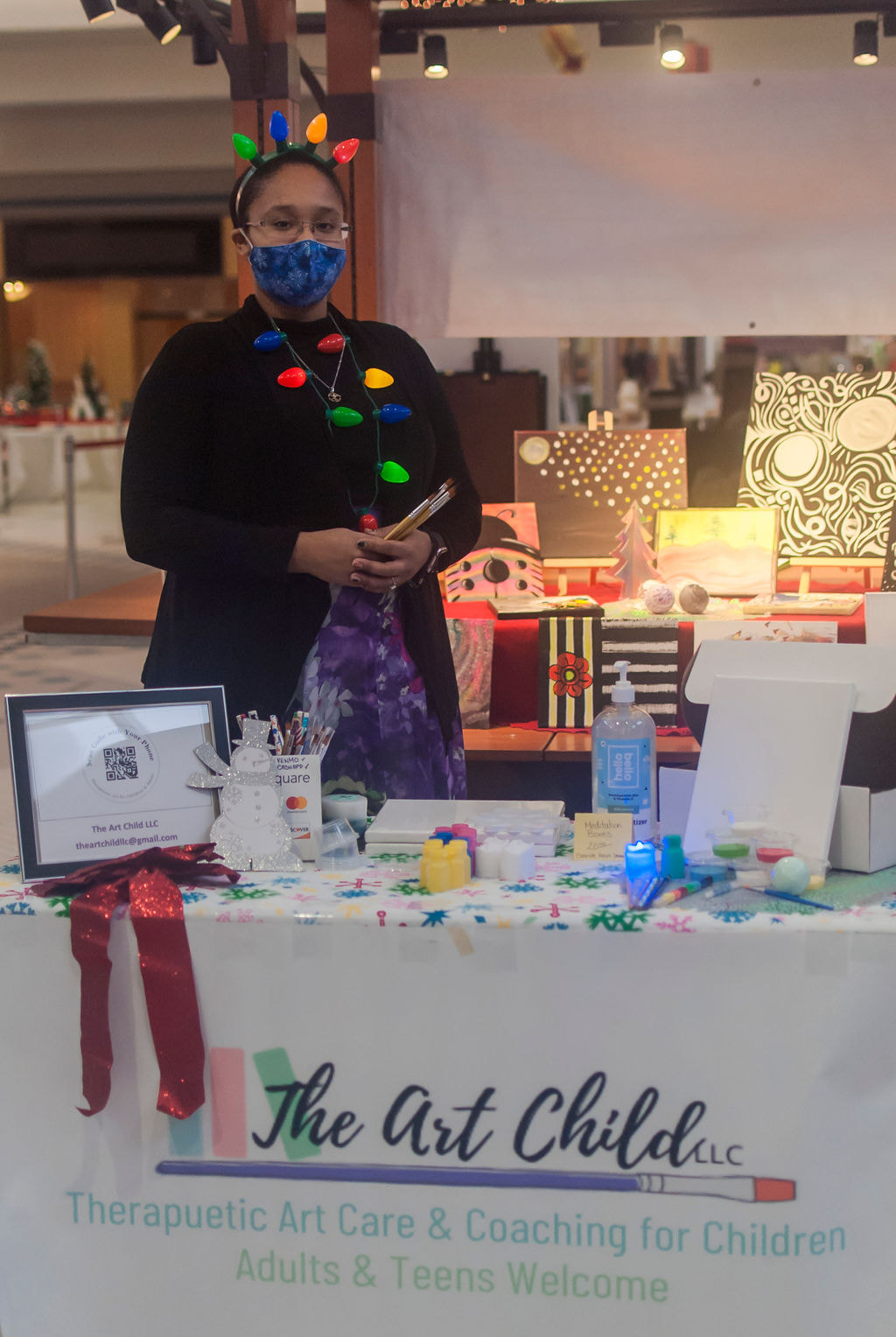
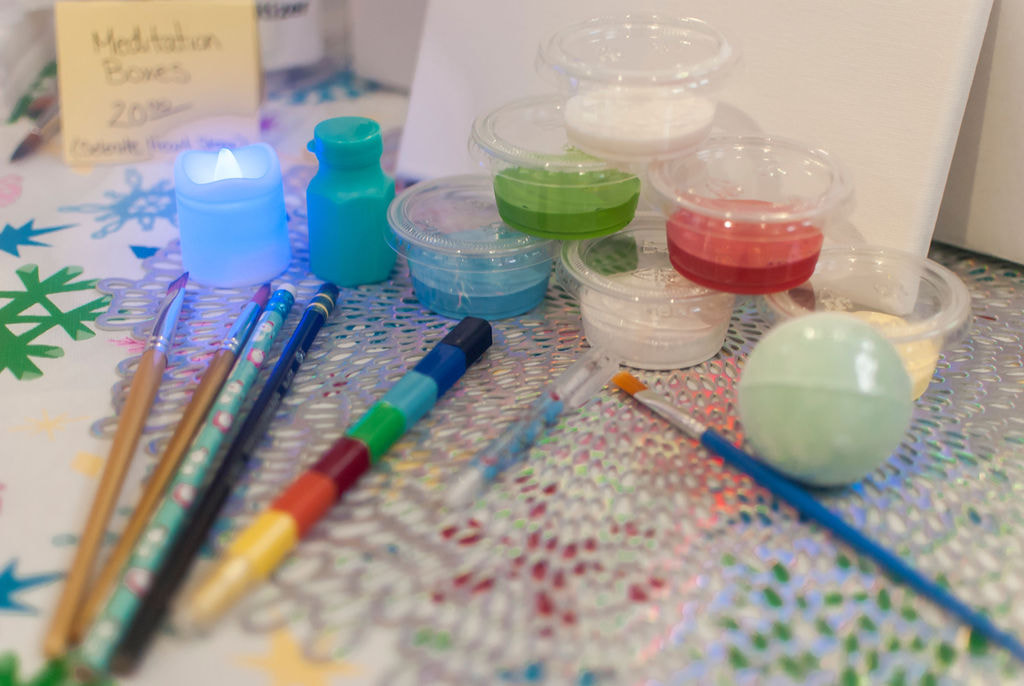

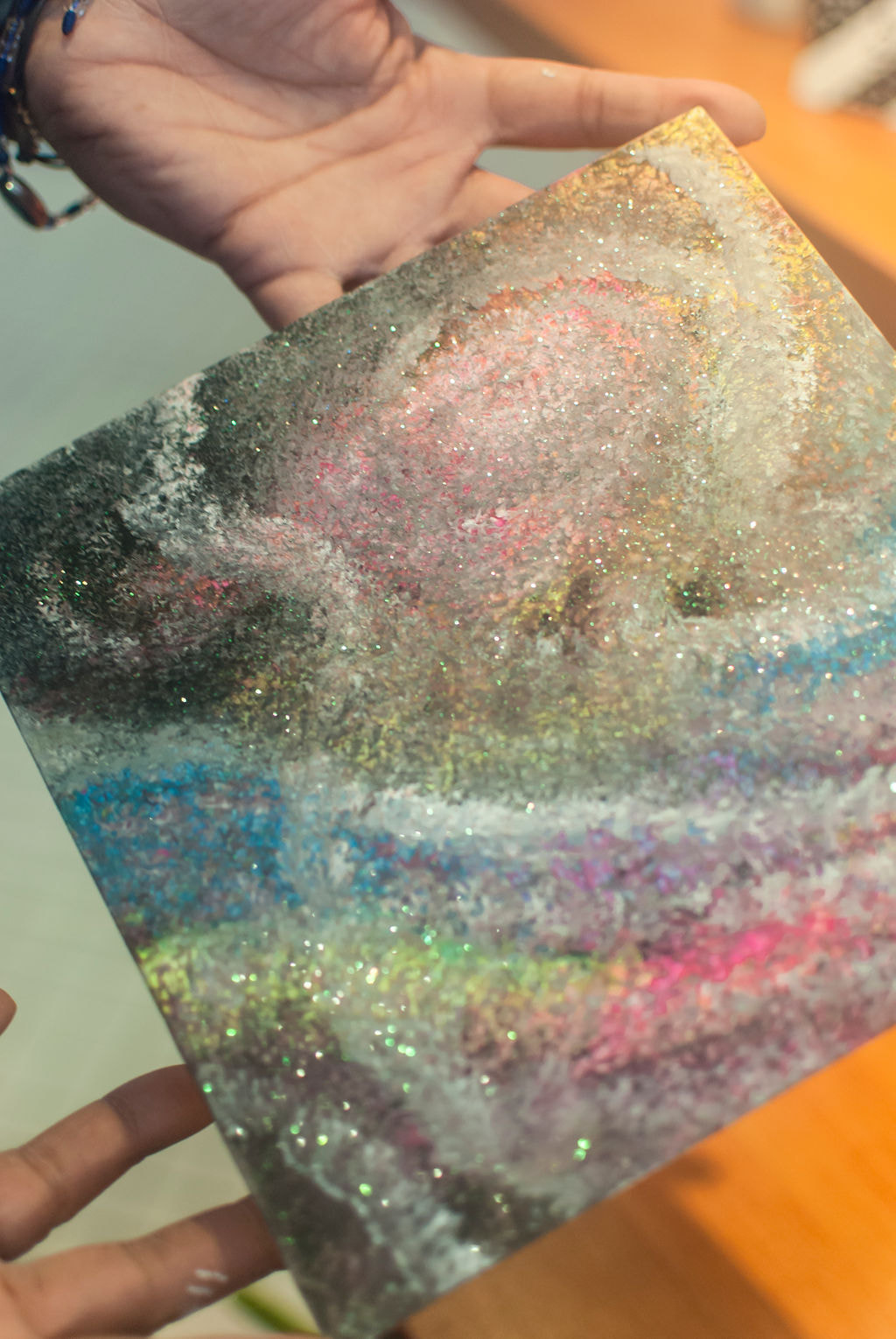
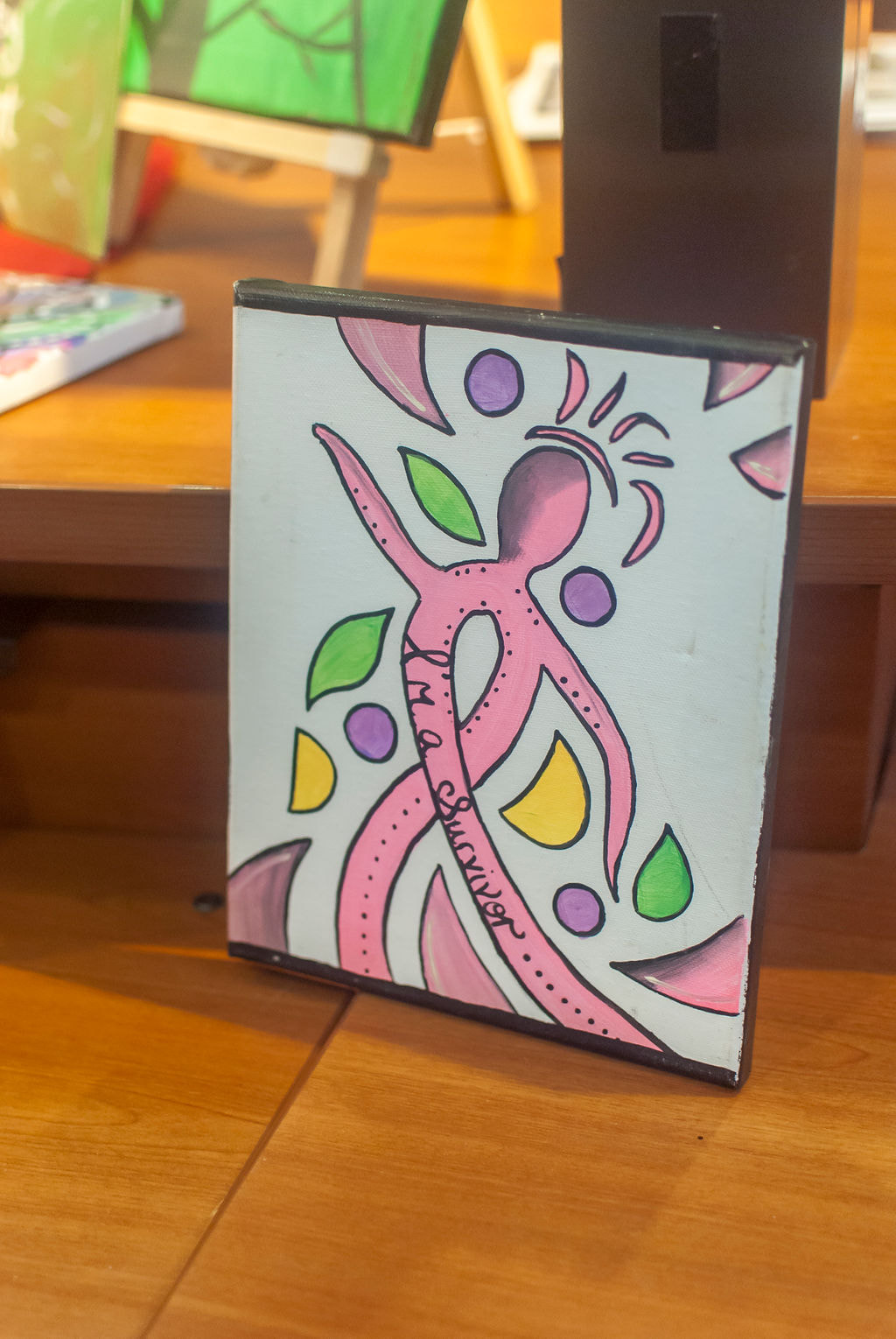

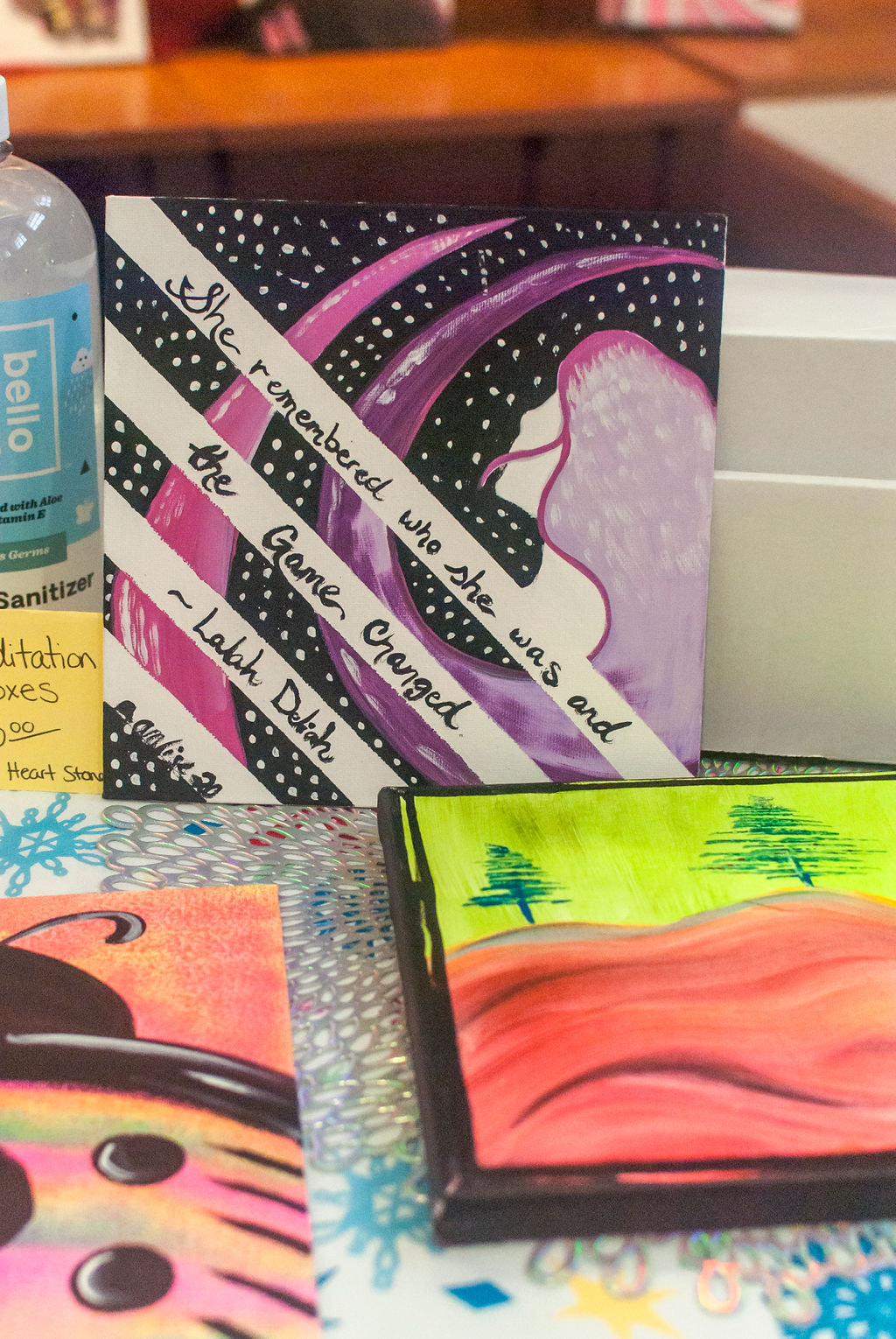
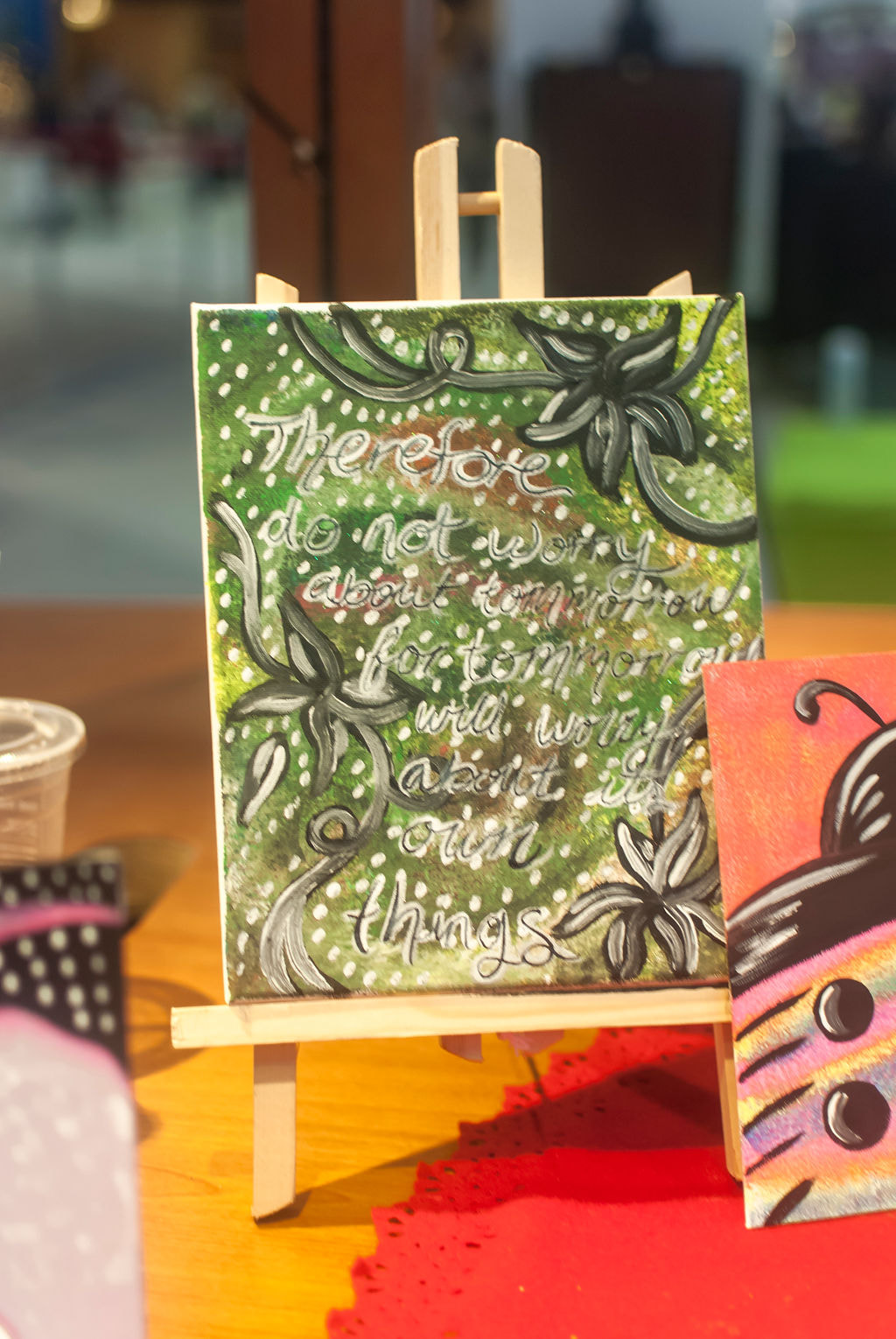
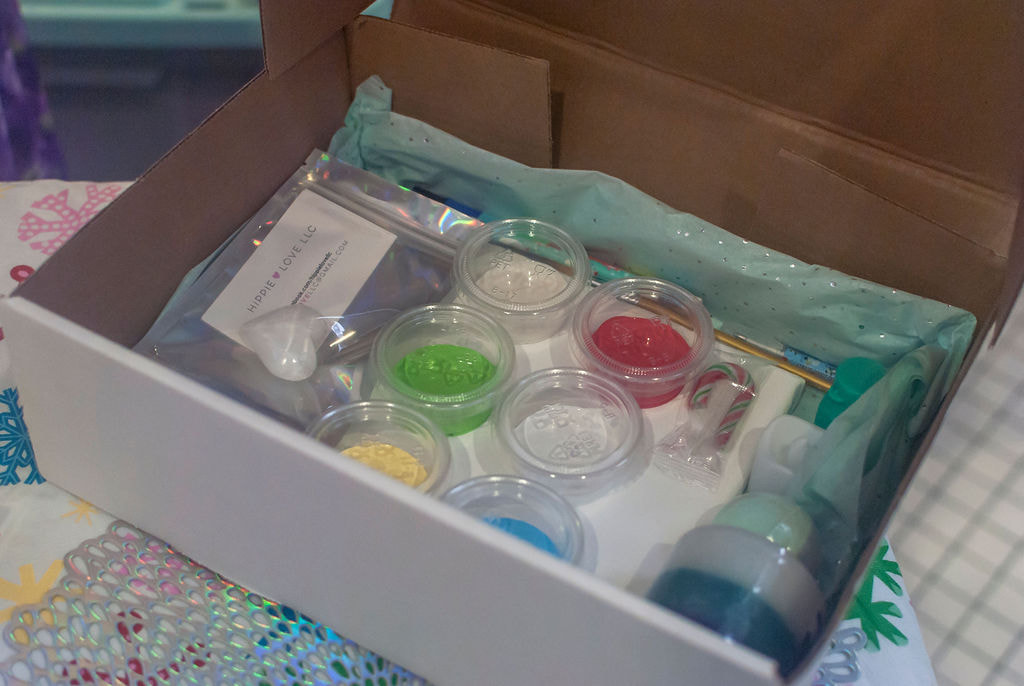
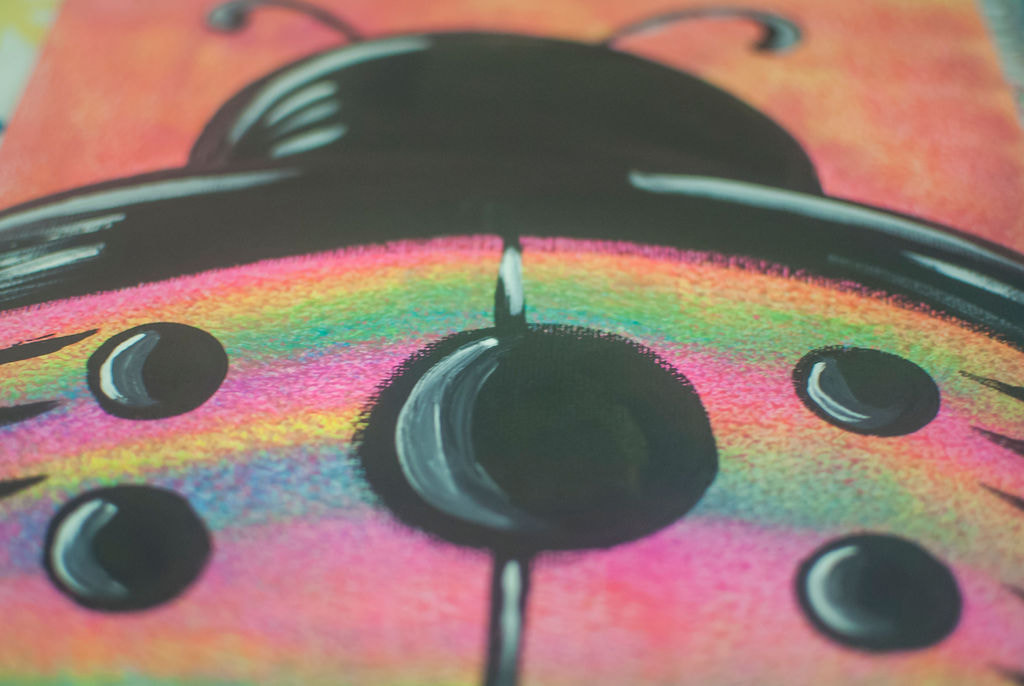
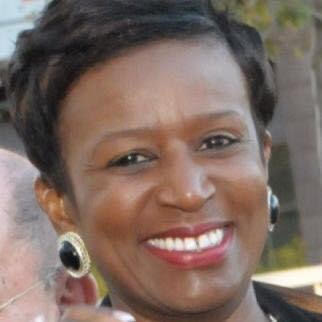


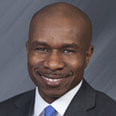
 RSS Feed
RSS Feed